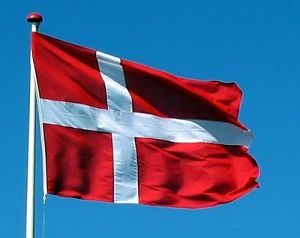
New Jersey Gambling License Renewal Deadline Approaching [...]

TRY THESE POPULAR GAMES:
- March 12, 2015 By Nemanja L. -

Online gaming operators flourish in Denmark, while land-based casinos battle high tax rates.
The online gaming market in Denmark has continued its steady growth, with the country’s gaming regulator Spillemyndigheden reporting a 20% increase in 2014.
At the same time, the offline operators have started to see minor decline in revenue, as online gambling websites are clearly biting into their profits.
Ever since Denmark regulated its online gambling market to allow foreign operators to offer their services to the country residents, former state monopoly Danske Spil has been on a steady decline, even if the national lottery remains the largest gaming company in the market.
With 29 online casinos and 15 poker rooms currently licensed to operate in the Nordic country, nobody is surprised that Danske Spil has seen their annual profit decline by 5.8 per cent in 2014.
Meanwhile, online gaming operators continue to see improved results, with Danes spending more than DKK 2.8 billion ($403.7 million) on online wagers, which is a 40 per cent increase in the space of two years.
These are the official figures published by Spillemyndigheden, the Danish Gambling Authority, which is responsible for regulating the gaming market in the country.
The large chunk of all online bets placed in 2014 were accepted at sports betting websites, some DKK 1.78 billion, a 29 per cent increase from the previous year. Wagering on the 2014 FIFA World Cup accounted for DKK 760 million and clearly played a major part in the significant revenue growth.
And while poker profits fell by 13 per cent to DKK 170 million, online casino websites saw a 5 per cent rise, earning DKK 1.25 billion and recording a 5 per cent increase.
Danish gamers are clearly delighted to have been given an opportunity to gamble online, but they are no longer attending the land-based venues as frequently as they used to.
The seven offline casinos operating in the country earned a combined total of DKK 325 million, down 3 per cent from 2013, whereas the revenues from 25,500 gaming machines located inside small gaming halls dropped 5 per cent.
The land-based gaming market also has an unfair disadvantage considering they are forced to pay much higher taxes than their online counterparts, with EU court upholding the country’s right to impose a 20% tax on online gaming revenue back in September. Meanwhile, land-based casinos are taxed at rates between 45% and 75%.